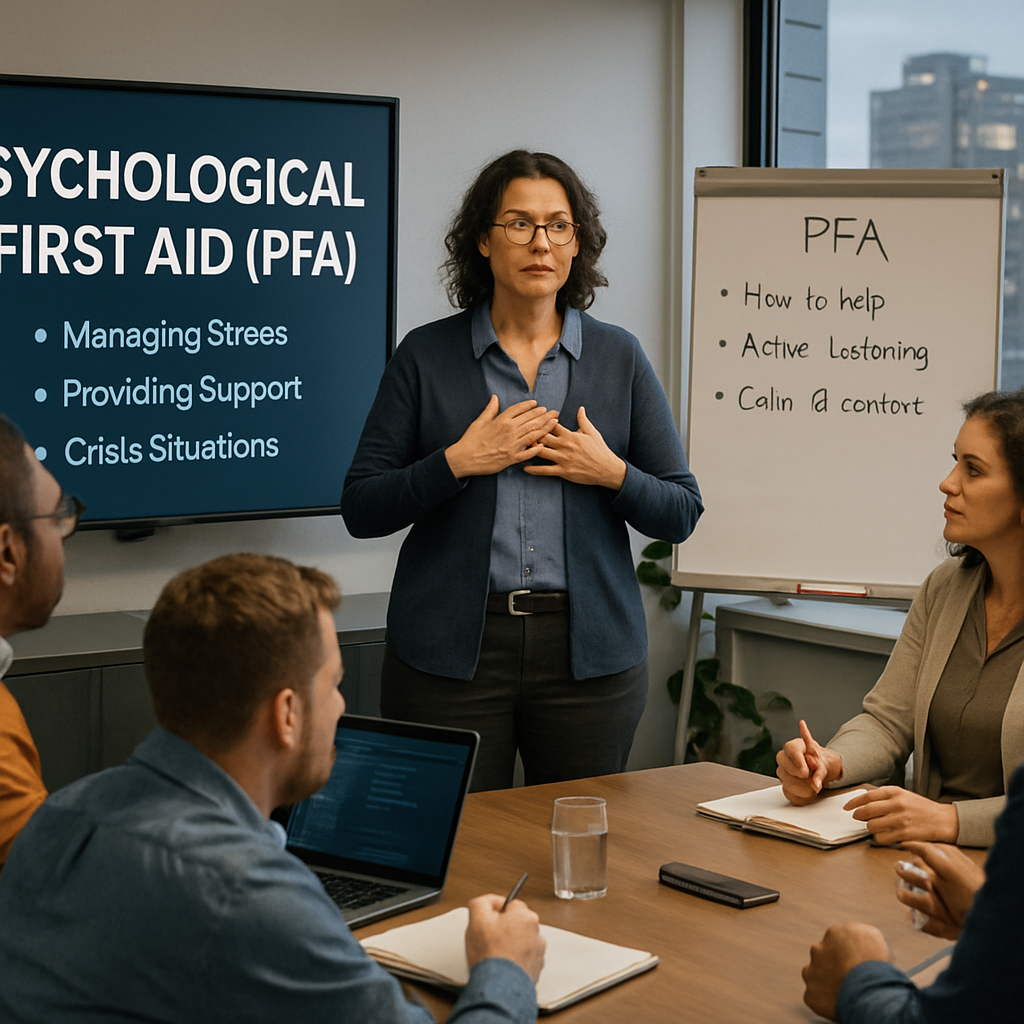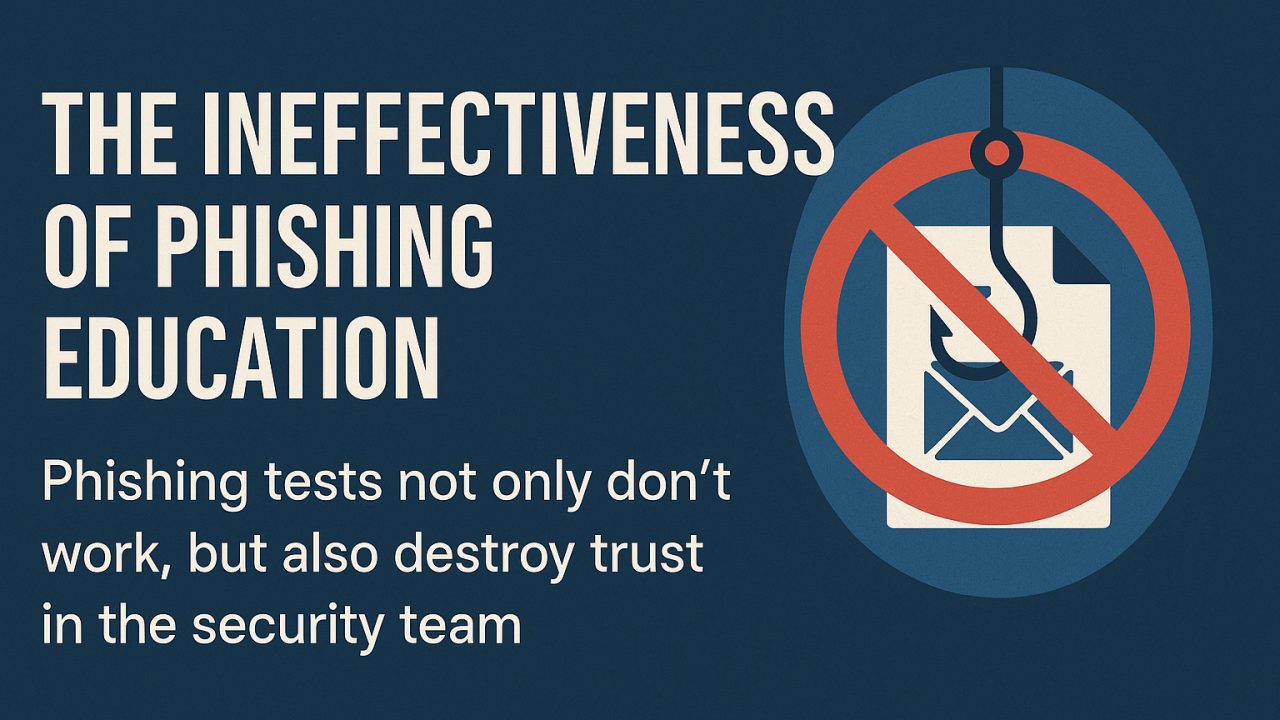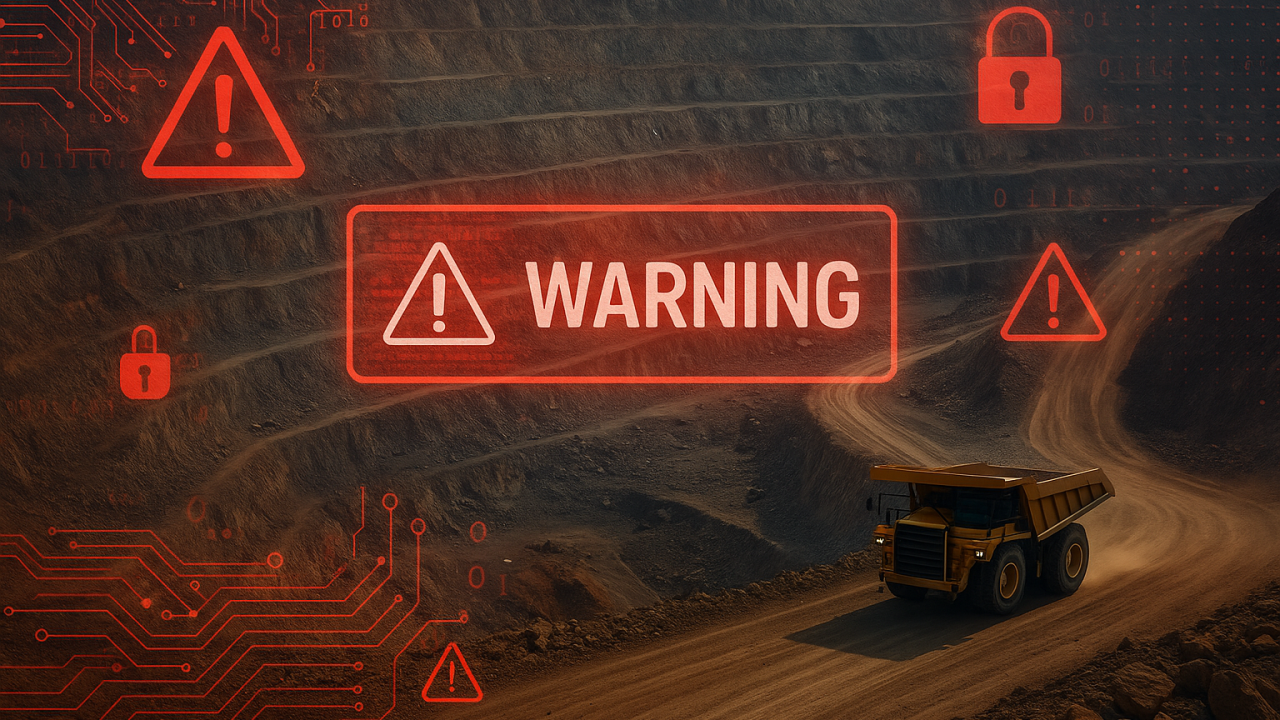Phishing Education - Maybe 'Best Practice' is not Best After all
As security practitioners and leaders, we must contribute to the professionalization of our field by searching out data and evidence-based solutions...
1 min read
Beatrix (Trixie) Bitter : Oct 13, 2025 12:00:00 AM

When a cyberattack strikes, the immediate focus is often on technical recovery: restoring systems, protecting data, and resuming operations. But what about the people responding to the crisis? Behind every incident response are teams of IT professionals, analysts, and leaders working under immense stress. Just as CPR helps stabilize a person in a medical emergency, Psychological First Aid (PFA) provides critical support during the emotional aftermath of a cyber incident.
Recently, I’ve gained a new appreciation for the MM-ISAC’s focus on mental health and its impact on mining and metals organizations. One step forward is embracing training like the Red Cross Psychological First Aid courses, which are now recognized alongside traditional skills such as CPR.
So, what is PFA? It’s an evidence-informed approach designed to reduce the distress caused by traumatic events and to support both short and long-term recovery. Unlike therapy, it’s not about treatment. It’s about immediate, compassionate care. PFA offers reassurance, grounding, and guidance in the moment, helping individuals manage acute stress while lowering the risk of long-term harm.
In cybersecurity, this is especially important. In my time with the MM-ISAC, I’ve seen how cyber incidents create fear, helplessness, and fatigue among technical teams, the wider organization, and even the public. Stress in these moments can trigger burnout, impaired judgment, and poor communication, increasing the risk of mistakes. These experiences can be deeply traumatic and often require personal recovery. By integrating PFA into incident response, organizations ensure responders are supported, helping them remain focused, effective, and resilient.
The benefits extend beyond responders. A workforce that feels psychologically supported is more engaged, recovers faster, and maintains greater trust in leadership. Offering PFA to employees affected by breaches, ransomware, or service disruptions demonstrates empathy and reinforces a culture of care. In this way, crises become opportunities to strengthen collaboration and organizational trust.
Ultimately, cybersecurity is not only about defending systems, but also about protecting people. By equipping leaders and responders with Psychological First Aid skills, organizations can bridge the gap between technical recovery and human recovery. In doing so, they safeguard not only their digital operations but also their most valuable resource: their people.

As security practitioners and leaders, we must contribute to the professionalization of our field by searching out data and evidence-based solutions...

At the Mining and Metals ISAC, we monitor cyber incidents and track trends within the mining and metals sector. Compared to last year, incidents have...

Phishing is a significant compromise vector for all companies in all industries. At theMining and Metals ISAC annual conference in November, we...